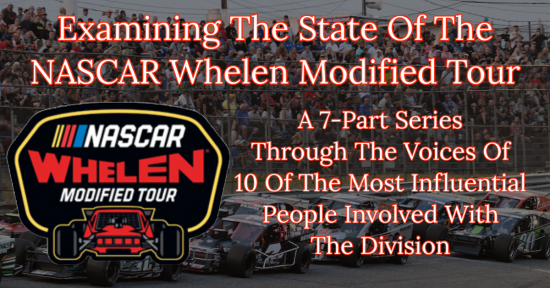
RaceDayCT has recently spoken with a number of the biggest names involved with the series to get their opinions on the state and health of the division and specifically look at some of the issue that most especially plagued the series last season.
We asked a specific list of six questions to each of the following people:
- NASCAR managing director of weekly and touring series’ Joey Dennewitz
- Reigning and two-time series champion Ron Silk
- Six-time series champion Doug Coby
- Three-time series champion Justin Bonsignore
- 17-year series veteran and eight-time series winner Matt Hirschman
- 10-year series veteran Dave Sapienza
- Championship winning car owner Tyler Haydt
- Championship winning car owner Ken Massa
- Championship winning car owner Tommy Baldwin Jr.
- Former team owner, crew chief and current chassis builder and team consultant Rob Fuller
Part Three Question: Do the current series participation numbers worry you?
Tommy Baldwin Jr. – “It’s something that changes every year. You’ve got to remember, 90 percent of the people that race the Whelen Modified Tour are blue collar workers. They’ve got jobs. What we all have to do reflects what happens in racing. Some people have a rough year and can’t afford to do the whole season. Then they have a really good year and they go racing. Our division is a little bit different than the big three [in NASCAR]. That’s a business. We have businesses first, then we go racing.”
Dave Sapienza – “I think the some of the bigger races are going to attract more of the car counts. As you see at like Martinsville, Richmond, North Wilkesboro. … I think this year you might see less cars at some of the [lower end] tracks. I think the more professionally run tracks you’ll see the bigger car counts.”
Rob Fuller – “It’s obviously concerning. There’s three or four major players, myself included. We talk. It’s not a big industry. It’s a five million a year industry. Right now we have probably 65-75 percent of that, over 3.5 million dollars right now. There’s not a whole big market to go out there and invest from a business standpoint to go chase. I’m not going to invest a million dollars to go out and chase a million dollars in sales at a 15 percent profit margin. So from my shoes, it’s a nerve-wracking business. It’s a business that you’ve got to love. I’m involved in other businesses and when you talk to investors and you talk to other businessman in Boston or New York and you share your business model with them and they laugh at what I do and how much I work. They keep telling me if I worked this hard in any other industry I’d be a very successful businessman. It’s a passion industry and the problem that I have is that there’s not a lot of Rob Fuller’s, Tommy Baldwin’s and Ken Massa’s with the passion to hand the torch off to. … I’ve tried to work with younger guys to get their passion light lit. I’ve been in that garage for 45 years and there’s not a lot of people that are coming along that are new. It’s pretty much the same faces that have been there for at least 25 years. That’s nerve-wracking to me.”
Ron Silk – “I think having more people doing it is better. However many races we ran last year, 18 is a lot. Our team felt it. I know every team felt it. I don’t think it’s out of the ordinary that once people are out of the running for points for them to just miss a race here and there, I think that just kind of snowballed. It’s not a six race series, it’s not an eight race series, it’s really long so it’s harder to keep people in it for the full season when they’re no longer in contention in the points.”
Tyler Haydt – “I really just worry about our team and where we can go. I want there to be Modified racing, that’s what I love. It sound to me like there’s more teams coming full-time on the tour this year. It’s one thing to say you’re going to do it and it’s another to actually run all the races. There’s also all these other divisions like nipping at things. There’s only so many Modified teams and it’s kind of gotten spread thin. It wasn’t that long ago that there wasn’t any of this other stuff out there.”
Ken Massa – “It concerns me. But I think early on they figured out that 19 races and some of the racetracks that we were going to we just didn’t need. If they had just spoke to us once in a while we’d let you know ‘We don’t want to go here.’ And somewhere where we don’t want to go, we don’t go. That’s why the participation was down. It’s pretty simple. I think they realized that. I think a few people made a good stink about it last and I think both [series director Jimmy Wilson] and Joey [Dennowitz] listened to us, which is a good thing.”
Matt Hirschman – “I think that opens up to really looking at the entire of landscape of Modified racing. … I’ve been a part of this series growing up as a kid with my father racing. So for me it goes back further than just me as a competitor. In [my father’s] era, say in the 80’s and 90’s era, there were weekly race tracks that had Tour Type Modified racing throughout the Northeast and the Mid-Atlantic. But for touring, if you wanted to be a touring racers then you wanted to get to the Whelen Modified Tour, you wanted to get to NASCAR. Every track was like a steppingstone to get to that level and be a touring Modified driver. Now the landscape has changed so much that really weekly racing – it’s not totally gone away – … in general it’s become more of a touring series division instead of a weekly division and now there’s just a lot more options out there. I think I’m probably the poster child for that the fact that there are options out there and it isn’t just about the Whelen Modified Tour at the peak anymore. There’s a plateau at the top and you have the [Monaco Modified Tri-Track Series] and you have the [Whelen Modified Tour] and you have the Race of Champions, you have the SMART Tour – they’ve had really good numbers in the rebirth of that in the south. I think that level has gotten where it’s spread the cars out and the teams out that the numbers reflect that. I think it’s more of a landscape thing than anything. … The Whelen Modified Tour does have the most travel involved that does bring an element of expense and time away for anyone associated with doing it.”
Doug Coby – “I don’t think so. Full-time participation is going to be full-time participation. That’s been dwindling. I think if you took every major Late Model and Modified touring series across the entire United States in the last five years you’re going to see a decline in car counts. I’d be surprised if any of them has shown a steady increase in car counts, especially if they’re any sort of traveling series. So if the series stays within a 150-200 mile radius, they’re probably in a little different situation than others going further. As far as our series goes, participation could be, I think you have to look opportunities and you have to look at threats and you have to look at other options people have where they can race a Modified. Whether it be another series, or tracks like Riverhead [Raceway] or wherever, down south with the SMART Tour.
Justin Bonsignore – “100 percent. I want to see the series be as successful as possible. I want to be able to compete in a series that has huge car counts and has great teams and is healthy because that means we’re racing against and beating some of the better teams and better competition to meet our desires. O want to beat the best. It definitely was concerning at times last year. I think going into last year I had those wonders and thoughts, are there going to be certain races where the car count is tough because of where that race is at certain parts of the season. There’s a lot of options for people to Modified racing in this day and age. You can go run a Tour Type Modified probably almost 50 times a year and a lot of teams are located in the New England area where they could only have to travel two hours for 10 or 12 races. It was definitely concerning. But we, at the same time are committed to the Modified Tour and we were going to see it through even though things are tough. I think it should be better this year. Hopefully the dialogue between what teams are needing or wanting in this day and age NASCAR can work with an accommodate. Maybe that’s opening up some rules on some things likes roofs or left side weight or just certain things that could help bring in other teams at different times of the year.”
Joey Dennewitz – “I’d say participation numbers are always a concern regardless of the number. Mostly because you want the community to thrive and you want the community to be a place where it’s the more the merrier. That being said, I would say the car counts across motorsports as a whole as it finds its footing in the future of sports and entertainment as a whole are challenging. Building a community that is enticing and enjoyable is the utmost priority for us at NASCAR.”
Part Two – In a general sense, how do you view the health of the series overall?
Part Five – Do you think the 2024 schedule is better than the 2023 schedule?

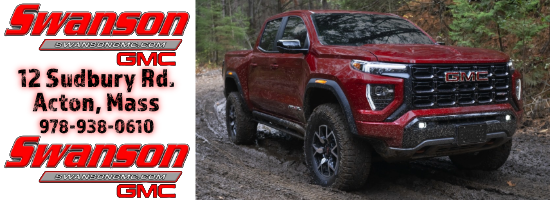


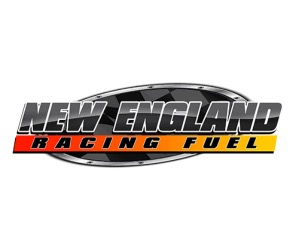

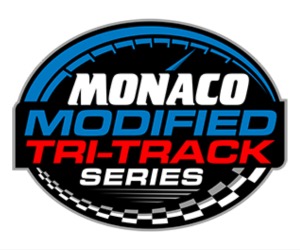

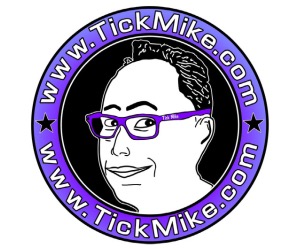
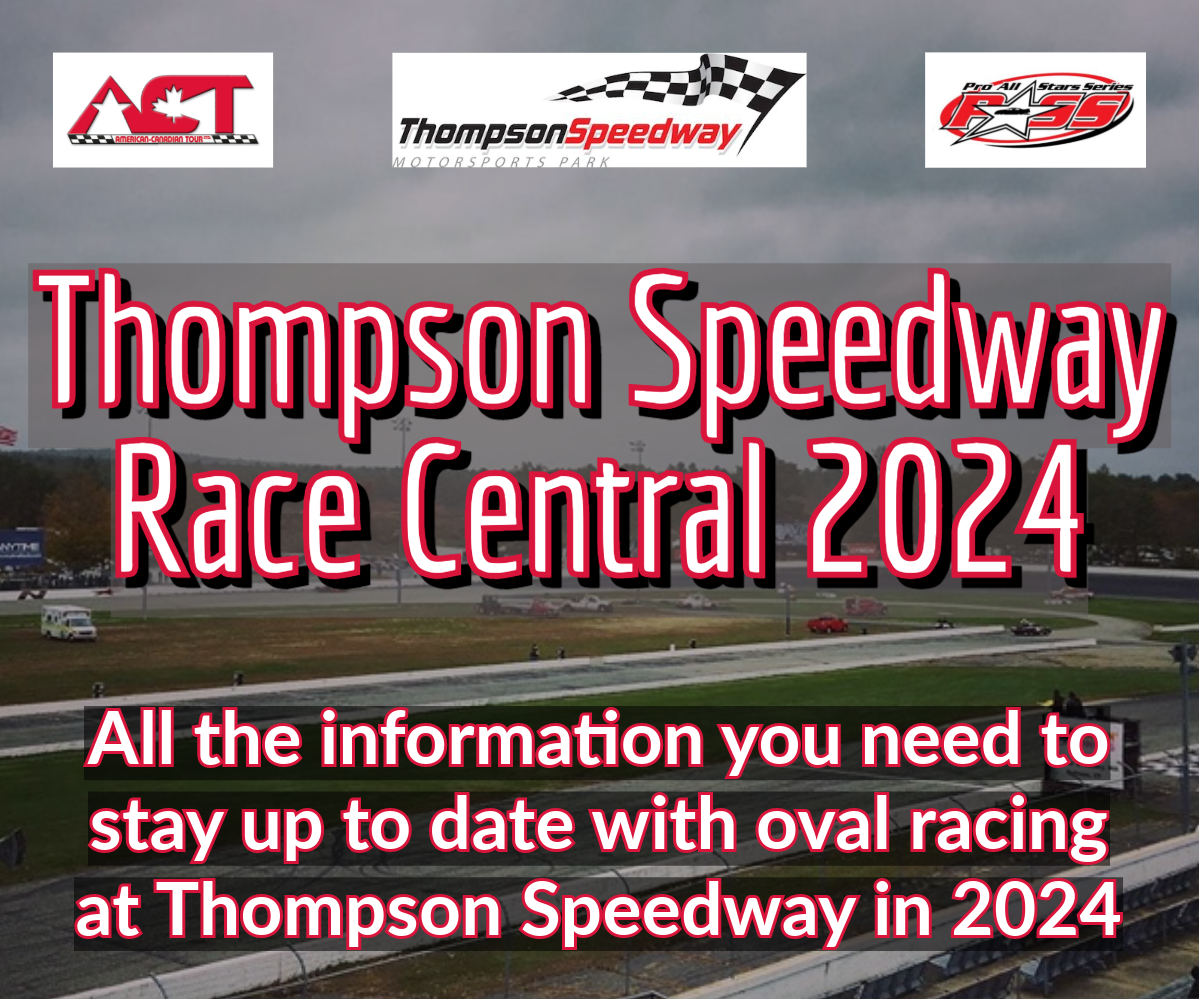





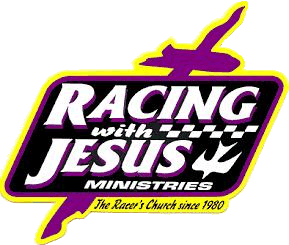



lmfao Rob Fuller has single handily driven up the price of a modified chassis. That guy is talking out his you know what
Racer55 wrote, “lmfao Rob Fuller has single handily driven up the price of a modified chassis. That guy is talking out his you know what”
😝 😆 😂
When I read the Fuller statement, I couldn’t bring myself to respond for it was so absurd.
I would love for teams to make their own chassis, or buy from BRE.
Modified racing is all about discretionary spending. That means it fluctuates with the economy.
And you know what it takes to keep the economy healthy…
You forgot ROC as usual. Not a tour sanction at all i understood but western N Y and PA are hotbed for mod racing. I don’t attend tour shows. RoC yes real working class mod racing.
Terry Mansfield,
Nobody “forgot” the ROC. This series is very specifically focused on the issues facing the NASCAR Whelen Modified Tour.
The cost to compete as driven by the increase in technology and travel expense has killed all the other semi professional regional Nascar tours. Busch north, grand national east/west, the former All Pro late model tours, and for all intents ARCA are all gone. A few schedule, pitstop, and tire tweaks are just band aids. All the evidence is there, without major drastic changes, the WMT will join the others.